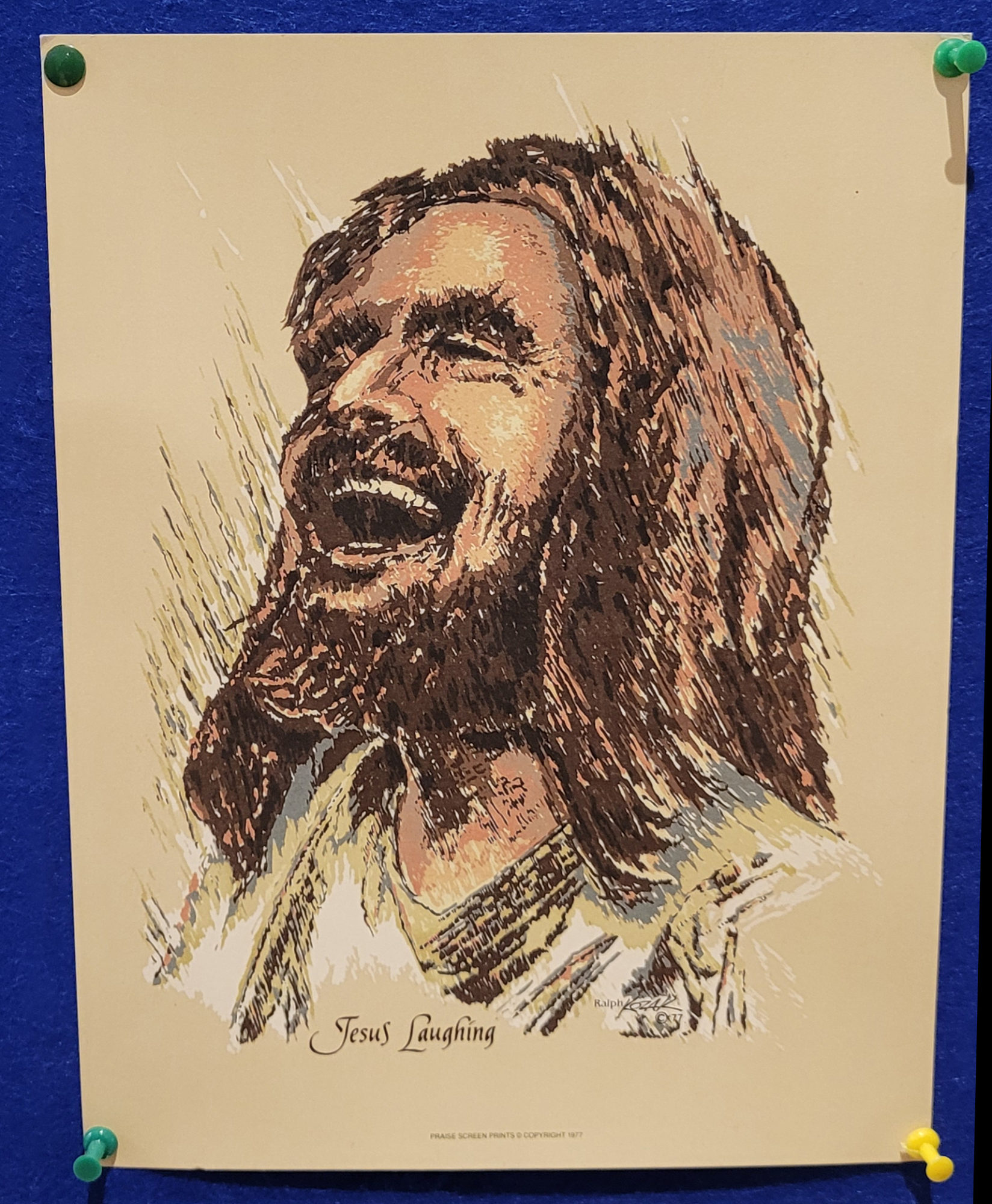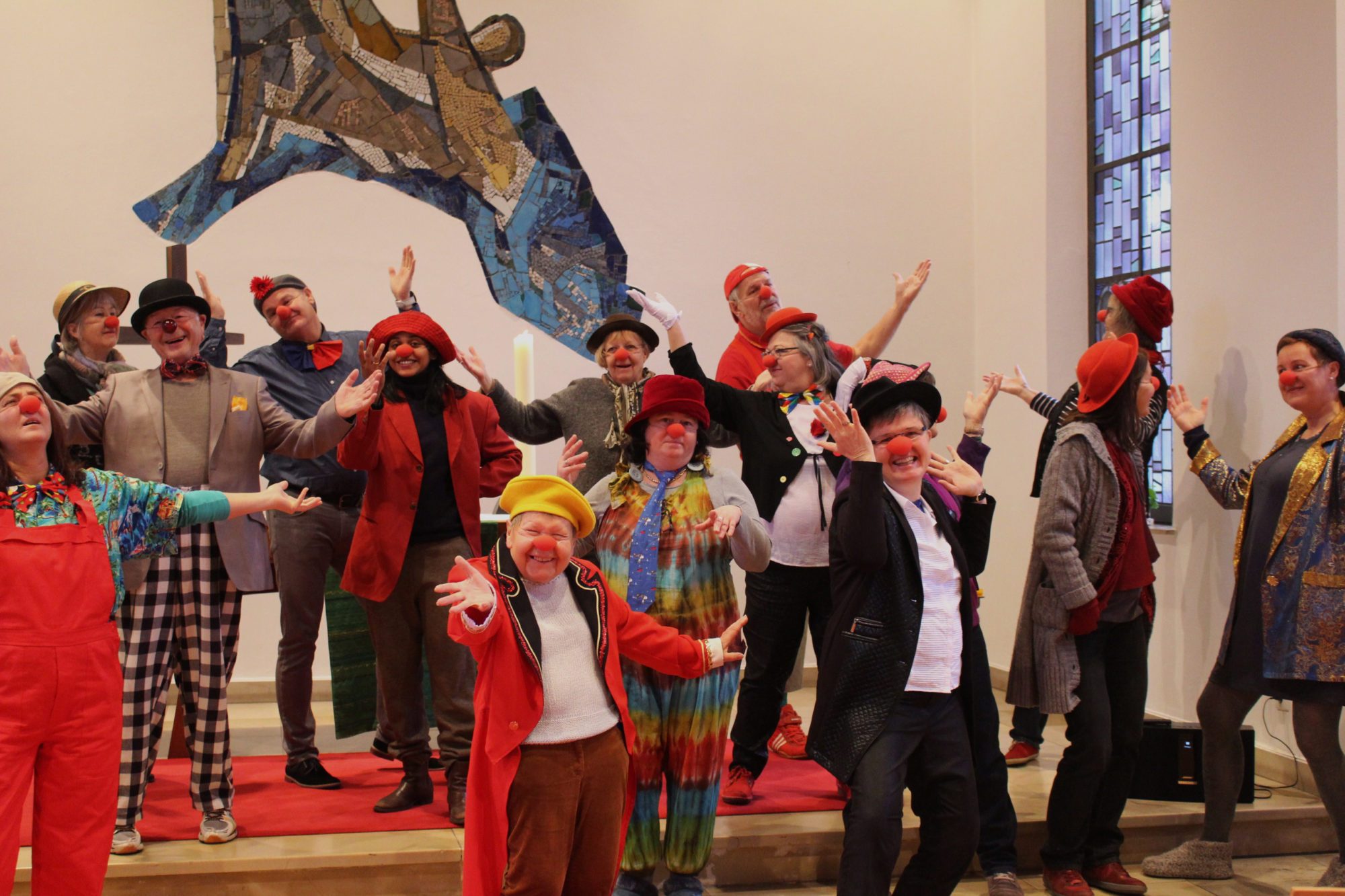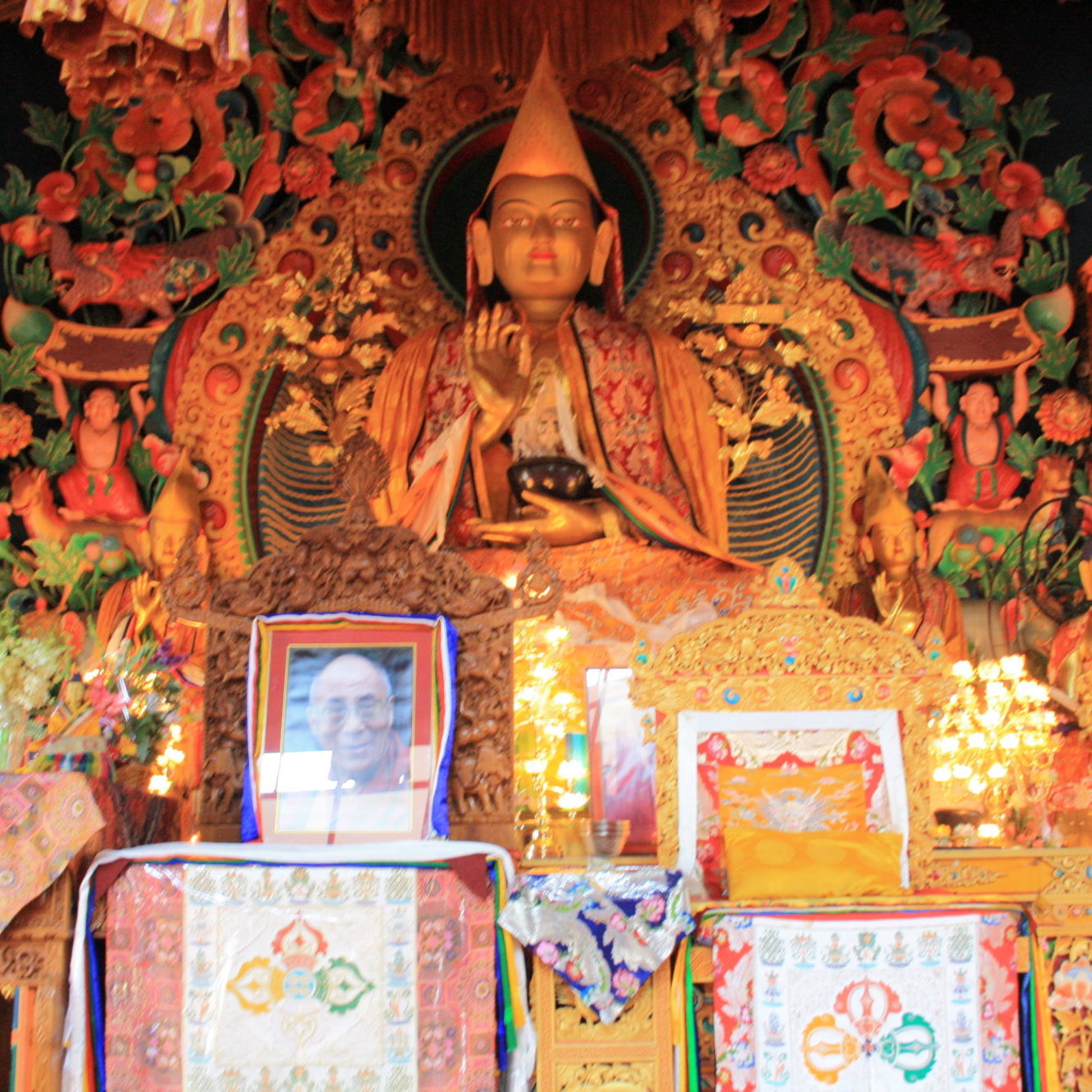Humour
Humor in spirituality is a critical issue, because for many, religion and Christianity are deadly serious, and there's little sense of the good news. Humor is important to us because it brings lightness into our lives. And the wisest and most profound people we know have laughed.
This is evidenced by the old "Easter laughter," which has unfortunately been largely lost. Here, the pastor's task during Easter services was to make the congregation laugh, so that the joy of life's victory over death could be felt. Death, it was said, for example, had swallowed Christ and was exposed to ridicule.
But rest assured, dear readers. The jokes on this site are completely serious.
Our favorite joke, which is older and a bit longer, is here




